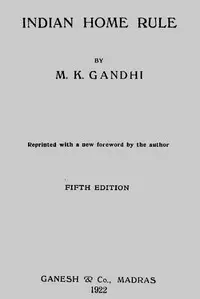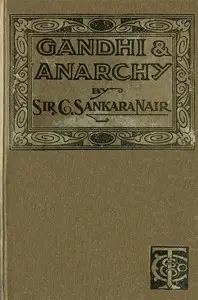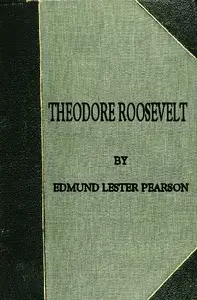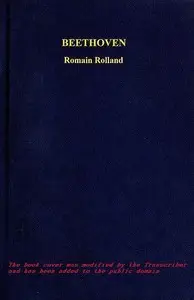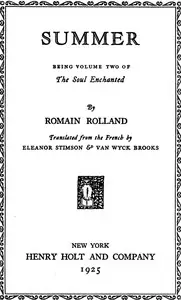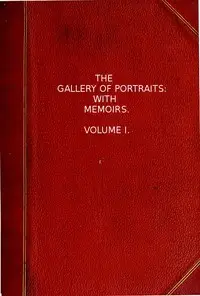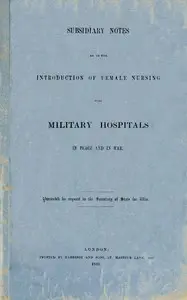"Mahatma Gandhi: The Man Who Became One With the Universal Being" by Romain Rolland, is a biographical story that shows how Mahatma Gandhi changed from a weak kid into a powerful leader. He led his people in a peaceful fight for freedom. The story looks at Gandhi’s idea of ahimsa, which means not using violence. It also talks about how important it is to be strong in your spirit and morals to make big changes in society and politics. At first, the author describes Gandhi as someone who is simple but also very strong. The book, identifies him as Mohandas Karamchand Gandhi, and talks about his early life, like growing up in a religious Hindu family, and the things that influenced how he saw the world. The story also tells about Gandhi's time in England and how he first faced racism in South Africa. These experiences made him want to fight for justice even more. As Gandhi deals with tough situations, he starts to create his idea of not using violence and wanting to help those who are treated unfairly. This beginning part of the story gets ready for a closer look at what Gandhi taught and the problems he faced, going beyond just telling his life story to think about how his ideas affect everyone.
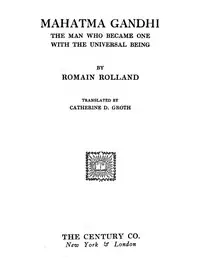
Mahatma Gandhi: The Man Who Became One With the Universal Being
By Romain Rolland
Witness the incredible journey of a young man who rose to become a symbol of peace, inspiring a nation to fight for its freedom through non-violent resistance and unwavering moral strength.
Genres
Released
2020-03-07
Formats
epub (images)
epub
mobi (images)
mobi
epub3 (images)
txt
Free Download
Summary
About the AuthorRomain Rolland was a French dramatist, novelist, essayist, art historian and mystic who was awarded the Nobel Prize for Literature in 1915 "as a tribute to the lofty idealism of his literary production and to the sympathy and love of truth with which he has described different types of human beings".
Romain Rolland was a French dramatist, novelist, essayist, art historian and mystic who was awarded the Nobel Prize for Literature in 1915 "as a tribute to the lofty idealism of his literary production and to the sympathy and love of truth with which he has described different types of human beings".
Total Reviews
10.0k
Total reviews from Goodreads may change

